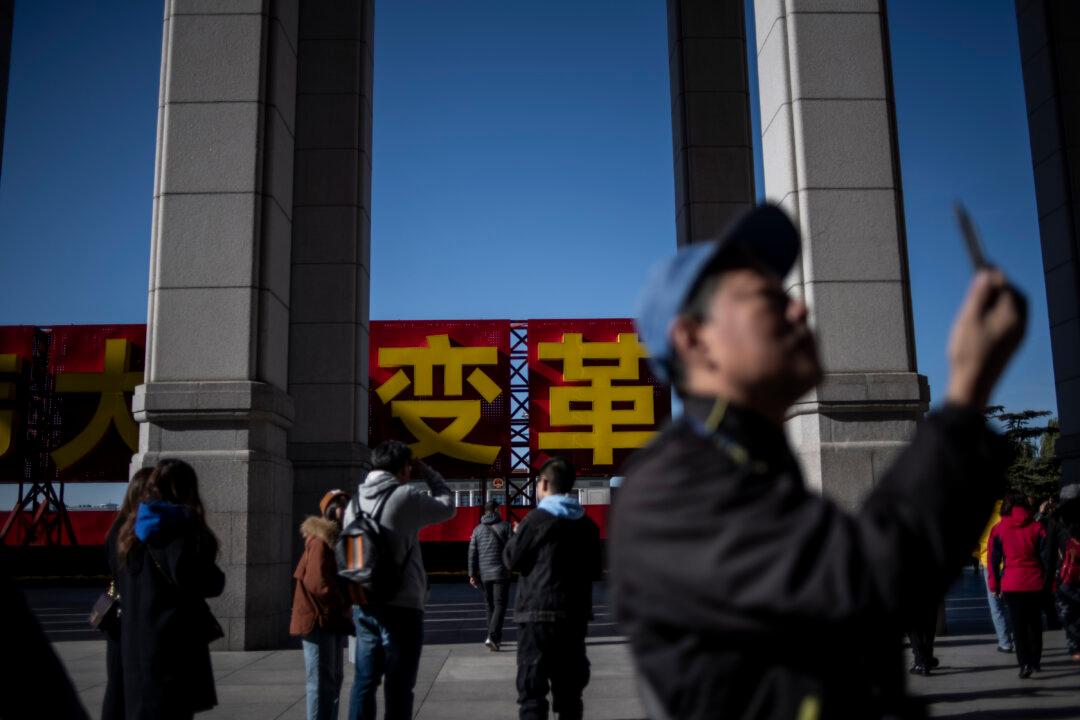Analysis
China has announced plans to convene its third plenum in July, focusing on reforms and economic strategies, as revealed in a press release by the Political Bureau of the Chinese Communist Party (CCP). Analysts speculate that the downturn in the economy has compelled Beijing to re-emphasize reform and opening up, though doubts persist regarding the practical impact of such political rhetoric.




